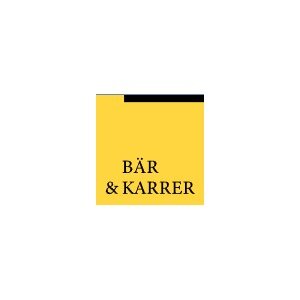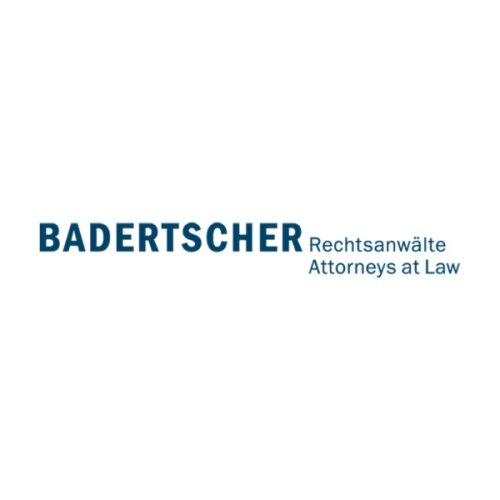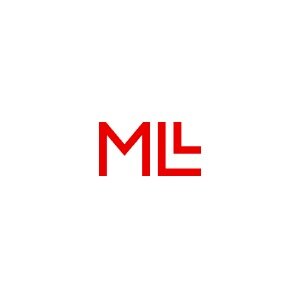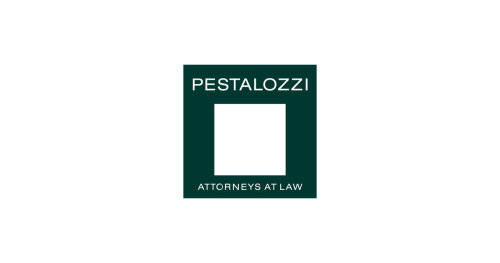Best Restructuring & Insolvency Lawyers in Zurich
Share your needs with us, get contacted by law firms.
Free. Takes 2 min.
List of the best lawyers in Zurich, Switzerland
About Restructuring & Insolvency Law in Zurich, Switzerland
Restructuring and insolvency law in Zurich, Switzerland, refers to the legal framework and processes that govern the financial reorganization or liquidation of businesses and individuals who are no longer able to meet their financial obligations. Zurich, as a leading financial hub, follows Swiss law but has developed specialist expertise in complex insolvency proceedings due to the presence of multinational companies and a thriving business environment. Swiss law emphasizes both creditor protection and opportunities for distressed businesses to achieve reorganization before resorting to formal bankruptcy.
Why You May Need a Lawyer
Legal advice is crucial in restructuring and insolvency scenarios due to the complexity and significant consequences involved. Common situations where professional legal help is needed include:
- When a business faces cash flow difficulties and wants to explore restructuring options before a formal insolvency declaration.
- If creditors are seeking to recover debts from companies or individuals who are insolvent.
- During company acquisitions involving distressed assets or insolvency auctions.
- To negotiate with lenders or investors for debt restructuring or write-offs.
- When personal bankruptcy becomes a possibility due to mounting debts.
- To understand statutory duties and legal liabilities of directors and board members in times of financial distress.
- If you are a foreign creditor seeking to enforce claims in Swiss insolvency proceedings.
- To ensure compliance with notifications and procedures governed by Swiss insolvency law and Zurich’s commercial court.
Lawyers provide guidance through the legal process, help negotiate with stakeholders, and ensure that all actions are compliant with local laws and regulations.
Local Laws Overview
The Swiss Debt Enforcement and Bankruptcy Act (SchKG) is the primary legislation governing restructuring and insolvency proceedings in Zurich. Key aspects include:
- Private Arrangement and Moratorium: Companies can seek a debt restructuring moratorium, called Nachlassstundung, to negotiate an agreement (Nachlassvertrag) with creditors.
- Debt Enforcement: Formal proceedings can be triggered by creditors seeking repayment, leading to asset seizure or bankruptcy if debts are not settled.
- Bankruptcy: In insolvency cases, the process typically follows the opening of bankruptcy proceedings by the competent court in Zurich. The bankruptcy office administers the process, distributing assets according to the prescribed legal order.
- Director Liability: Under Swiss law, directors may be held liable for failing to act promptly in the event of over-indebtedness or insolvency.
- International Aspects: Zurich courts deal with many cross-border insolvency cases. Switzerland is not part of the EU Insolvency Regulation, but Swiss law does have specific rules for handling international insolvencies.
Local variations in practice, especially in major centers like Zurich, often relate to procedural efficiency and experience with complex, high-value restructuring cases.
Frequently Asked Questions
What is the difference between restructuring and insolvency?
Restructuring is a process aimed at reorganizing a company’s finances to restore viability, often before bankruptcy. Insolvency refers to the legal state where a debtor cannot meet financial obligations as they fall due, potentially leading to bankruptcy proceedings.
Can a company avoid bankruptcy in Zurich through restructuring?
Yes, companies can seek a moratorium and negotiate with creditors to reach an agreement that often allows them to continue operating while addressing their debts.
What protection do debtors have during insolvency proceedings?
Debtors may benefit from a stay on enforcement actions against assets during formal insolvency or moratorium periods, giving them time to negotiate solutions.
How are creditors ranked in Swiss bankruptcy proceedings?
Swiss law sets out three classes of creditors, with secured claims and certain privileged debts (such as employee wages and pension contributions) taking priority over general unsecured claims.
Are directors personally liable for company debts in Zurich?
Directors can be held liable if they fail to take appropriate measures when a company is over-indebted or insolvent, especially if statutory duties are neglected.
Do Swiss insolvency proceedings apply to foreign creditors?
Yes, foreign creditors may participate in Swiss insolvency proceedings, but their rights will be governed by Swiss substantive and procedural law.
What happens to employment contracts in bankruptcy?
Employment contracts are usually terminated by the bankruptcy office, but employees receive preferential treatment for unpaid wages and related claims.
How long does the insolvency process take in Zurich?
The duration varies based on the case complexity but may range from several months to years, especially for large or contested bankruptcies.
Can individuals file for personal bankruptcy in Zurich?
Yes, individuals can initiate bankruptcy proceedings if they are unable to pay their debts and meet the requirements under Swiss law.
What are my options if a debtor in Zurich refuses to pay?
Creditors can initiate debt enforcement proceedings through the Zurich authorities, which may result in the seizure of assets or bankruptcy if the claim is valid and unpaid.
Additional Resources
For those seeking more information or support regarding restructuring and insolvency in Zurich, the following resources may be helpful:
- Debt Enforcement and Bankruptcy Offices (Betreibungs- und Konkursämter) in Zurich for official information and forms.
- Zurich Commercial Court (Handelsgericht Zürich) for business-related litigation and insolvency matters.
- Swiss Association for Insolvency and Restructuring for industry insights and events.
- Swiss Bar Association for finding qualified lawyers specializing in insolvency and restructuring.
- Cantonal legal aid offices for individuals needing financial assistance with legal representation.
Next Steps
If you believe you may need legal assistance with a restructuring or insolvency issue in Zurich, consider the following steps:
- Assess the financial situation thoroughly and gather all relevant documents including debts, assets, and contracts.
- Consult with a lawyer specializing in restructuring and insolvency in Zurich to evaluate your options and understand your legal position.
- Contact the relevant local debt enforcement or bankruptcy office for procedural guidance if you need to initiate formal proceedings.
- If you are a creditor, prepare evidence of your claim and understand how to participate in proceedings to protect your interests.
- Stay informed about your rights and obligations, especially if you are a director or an officer of a company facing financial difficulties.
Timely legal advice can prevent unnecessary losses and help achieve the best possible outcome in a restructuring or insolvency situation.
Lawzana helps you find the best lawyers and law firms in Zurich through a curated and pre-screened list of qualified legal professionals. Our platform offers rankings and detailed profiles of attorneys and law firms, allowing you to compare based on practice areas, including Restructuring & Insolvency, experience, and client feedback.
Each profile includes a description of the firm's areas of practice, client reviews, team members and partners, year of establishment, spoken languages, office locations, contact information, social media presence, and any published articles or resources. Most firms on our platform speak English and are experienced in both local and international legal matters.
Get a quote from top-rated law firms in Zurich, Switzerland — quickly, securely, and without unnecessary hassle.
Disclaimer:
The information provided on this page is for general informational purposes only and does not constitute legal advice. While we strive to ensure the accuracy and relevance of the content, legal information may change over time, and interpretations of the law can vary. You should always consult with a qualified legal professional for advice specific to your situation.
We disclaim all liability for actions taken or not taken based on the content of this page. If you believe any information is incorrect or outdated, please contact us, and we will review and update it where appropriate.















